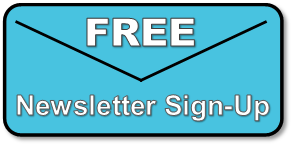Blog

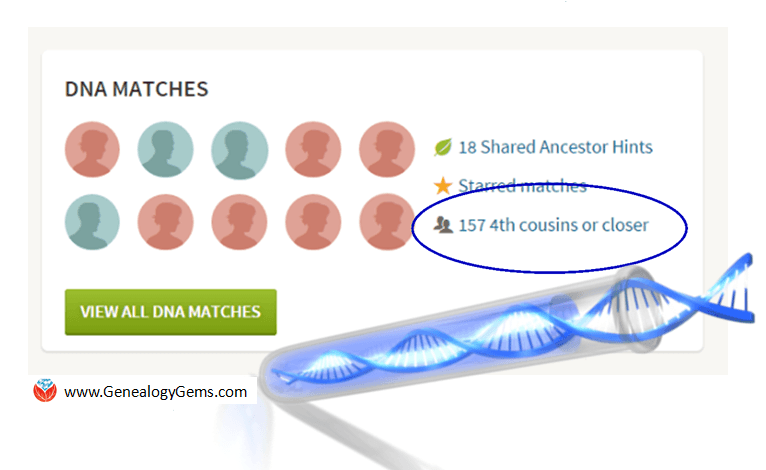
In Defense of DNA for Family History
 In defense of DNA for family history, Your DNA Guide Diahan Southard takes on an NPR writer who says that “family is relationship, not DNA.”
In defense of DNA for family history, Your DNA Guide Diahan Southard takes on an NPR writer who says that “family is relationship, not DNA.”
Recently National Public Radio (U.S.) published an article by Alva Noë entitled “DNA, Genealogy, and the Search For Who We Are.” This sounds like exactly the kind of article that I would want to read, considering that I am, after all, Your DNA Guide.
However, after only the first two sentences of this article, I stopped reading. I could already tell this was one of those articles, you know, the kind meant to sensationalize and not to communicate accurate information. I closed the browser page. I just don’t have time to read information that is meant to incite, and not to inform.
But then I read some comments from some friends that had read it, and then Lisa Louise Cooke asked me to review it for you, so I read it in its entirety. It was difficult to get through, even though it wasn’t very long. There are just so many things that are wrong with the presentation of this material.
Let’s take three big ones.
First of all, the “facts” are taken out of context. Yes, it is true, your genetic pedigree is not the same as your genealogical pedigree. Your genetic pedigree can only contain a finite amount of information, while your paper pedigree can contain limitless amounts. In general, our personal set of genetics will only connect us to half of our fourth cousins, and it is true that if we go back far enough we will have zero DNA from some of our ancestors.
The author implies that this kind of incomplete information is unacceptable and should be discarded. What he is missing is that by genetically connecting me to my fourth cousin, that fourth cousin is genetically connected to another fourth cousin, who I might not share DNA with, but through the testing and the genealogical research, I can confidently identify as kin. One of the powers of DNA is that it allows you to create networks with living people who can work together to verify and expand our knowledge of our ancestors.
“DNA deserves a spot in your family history research.” Diahan Southard, Your DNA Guide
Secondly, this author claims that DNA testing and traditional research are mutually exclusive. He claims, “…family and family history are one thing, and DNA-based ancestry is another.” I don’t think I even need to comment on that. That is just wrong. Genetic genealogy is just one more tool in our toolbox to help us answer family history questions.
Before I go on, I think we do need a little perspective about where this author is coming from. In the U.S., many of us have enjoyed the rapid growth and general acceptance of the genetic genealogy industry. The author of this article gained much of his content from sources in the U.K. Unfortunately, the U.K. has seen a stream of less-than-reputable companies hawking genetic genealogy-like products that are frankly a scam. So, from that perspective, caution when entering a genetic genealogy experience should be exercised.
That background knowledge, provided by my colleague Debbie Kennett in the U.K. made me feel a little sheepish about my initial hostile reaction to the article. But then I read again where the author states, “It is family that matters — and family is relationship, not DNA,” and I am back on my soapbox. Perhaps this author did not pay attention in 7th grade biology. DNA is family. That’s how this works.
I have heard so many stories from so many of you reporting how it was this very DNA stuff that led you to a discovery about your family. Just yesterday I received an email from a woman who recently reconnected with a relative she found through DNA testing. She said, “Spent a week with Carolyn and her husband out in Colorado this fall and the time spent together is beyond words. It is as if we had known each other our whole lives. But then again on a different level, I am sure we have known each other.”
To me, that is a story worth telling, a story that is every bit as real as one that is discovered using only paper research methods. DNA deserves a spot in your family history research. Don’t let anyone tell you otherwise.
 Are you still a beginner when it comes to using DNA for family history? The free video below can get you started. So can my series of DNA quick guides: one on getting started; guides for yDNA, mtDNA and autosomal testing, and guides to help you navigate 23andMe, AncestryDNA and Family Tree DNA. (Buy the whole bundle for the best deal.)
Are you still a beginner when it comes to using DNA for family history? The free video below can get you started. So can my series of DNA quick guides: one on getting started; guides for yDNA, mtDNA and autosomal testing, and guides to help you navigate 23andMe, AncestryDNA and Family Tree DNA. (Buy the whole bundle for the best deal.)
More DNA for Family History Gems
“Results May Vary:” One Family’s DNA Ethnicity Percentages
Get the Most Out of Testing with 23andMe with a New DNA Guide
“We’re Cousins?” DNA for Genealogy Reveals Surprising Relationship
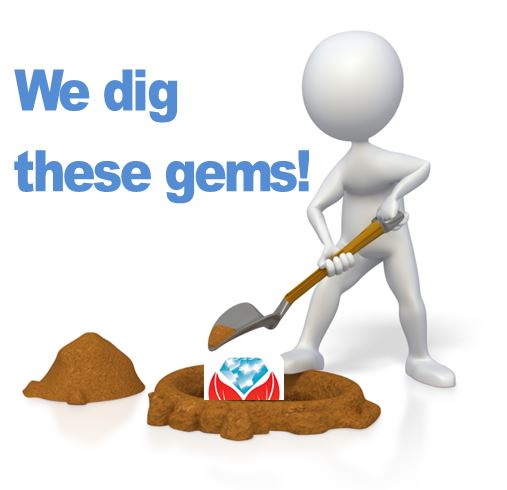
We Dig These Gems! New Genealogy Records Online
Here’s our weekly roundup of new genealogy records online. Do you see anything you should be searching for your ancestors?
ENGLAND – LAND AND TAX. About a quarter million land tax and valuation records for Plymouth and West Devon (1897-1949) are now searchable for Findmypast.com subscribers. Transcriptions and images can reveal an ancestor’s owner/renter status, property location and size, property use and more.
US – ARIZONA VOTERS. A new database of Arizona voter registrations(1874-1932) is available at Ancestry.com. According to the collection description, “This database consists of Great Registers [lists produced from voter registrations] compiled by county recorders for each county in Arizona, by district. They list the names of eligible voters who registered to vote within the state of Arizona.” In this database you’ll see the state’s transition to female suffrage in 1912.
US – CALIFORNIA PASSENGER ARRIVALS. Over 375,000 names have been added to an existing collection of free FamilySearch.org passenger arrival records for San Francisco, CA (1954-1957). These include inbound passengers, crew lists and changes in crew.
US – DELAWARE WILLS AND PROBATE. Ancestry.com has updated its collection of Delaware Wills and Probate records(1676-1971). The indexed images now span nearly 300 years and include records from all counties (some locales and time periods are not included). Over 134,000 names are indexed.
US – MASSACHUSETTS VITAL RECORDS. Now available to search for free on FamilySearch.org is a new collection of indexed images of Massachusetts delayed and corrected vital records. Spanning about 150 years (1753-1900), the collection is relatively small (31,710 indexed names) but often delayed and corrected vital records can be brick-wall busters!
Use these Google Gems to Find Records You Need
 Google Search Tips 101: Keyword Search Tips
Google Search Tips 101: Keyword Search Tips
2 Mysterious Deaths in the Family? How to Google for Answers
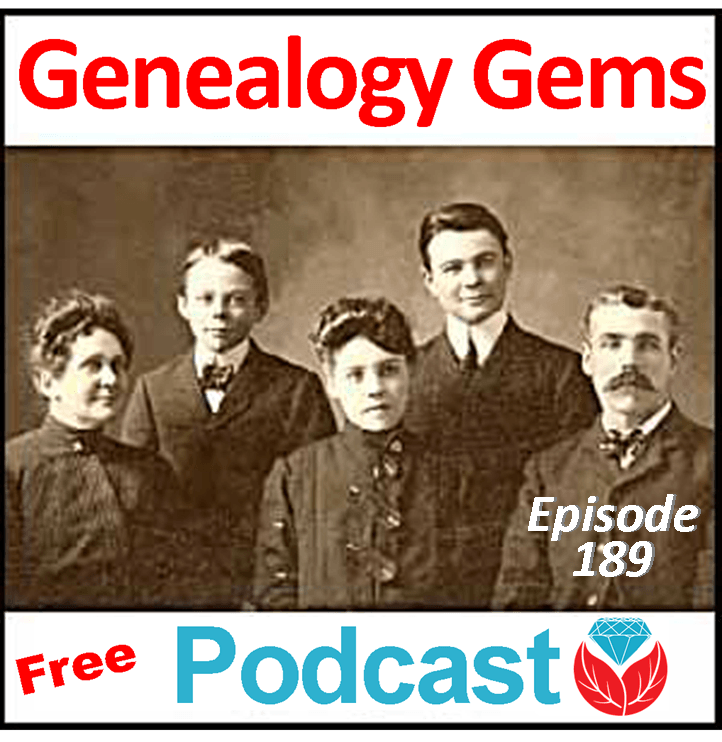
Genealogy Gems Podcast Episode 189: Relative Race and More
 The free Genealogy Gems Podcast episode 189 is published, with an exclusive interview with stars of Relative Race and more.
The free Genealogy Gems Podcast episode 189 is published, with an exclusive interview with stars of Relative Race and more.
The newest episode of the Genealogy Gems Podcast is published and ready for your listening pleasure! Two stars of the new BYUtv show Relative Race join host Lisa Louise Cooke to talk about their experiences criss-crossing the U.S. to meet their AncestryDNA matches.
Here are some more highlights from Genealogy Gems Podcast episode 189:
- Irish research tips–and tons of new Irish records online–in honor of St. Patrick’s Day this month;
- 3 reasons to test your DNA for genealogy, from Your DNA Guide Diahan Southard;
- an excerpt from the new Genealogy Gems Book Club interview;
- emails from several listeners offering inspiration and tips;
- and news from the genealogy world, including databases on runaway slaves (in the U.S. and Britain) and an updated MyHeritage search technology.
I’m a fan of “genealogy TV,” and it’s fun to hear behind-the-scenes feedback from stars of Relative Race. This show’s approach–connecting everyday couples with genetic matches–puts faces to our DNA matches in a fresh and personal way. I’m not hoping to camp on my genetic matches’ lawns anytime soon, but I do sometimes wish I could knock on the doors of some (“please respond!”). Another favorite take-away from this episode was a tip from Matt in Missouri, who wrote in with a creative approach for connecting with relatives through Find A Grave.
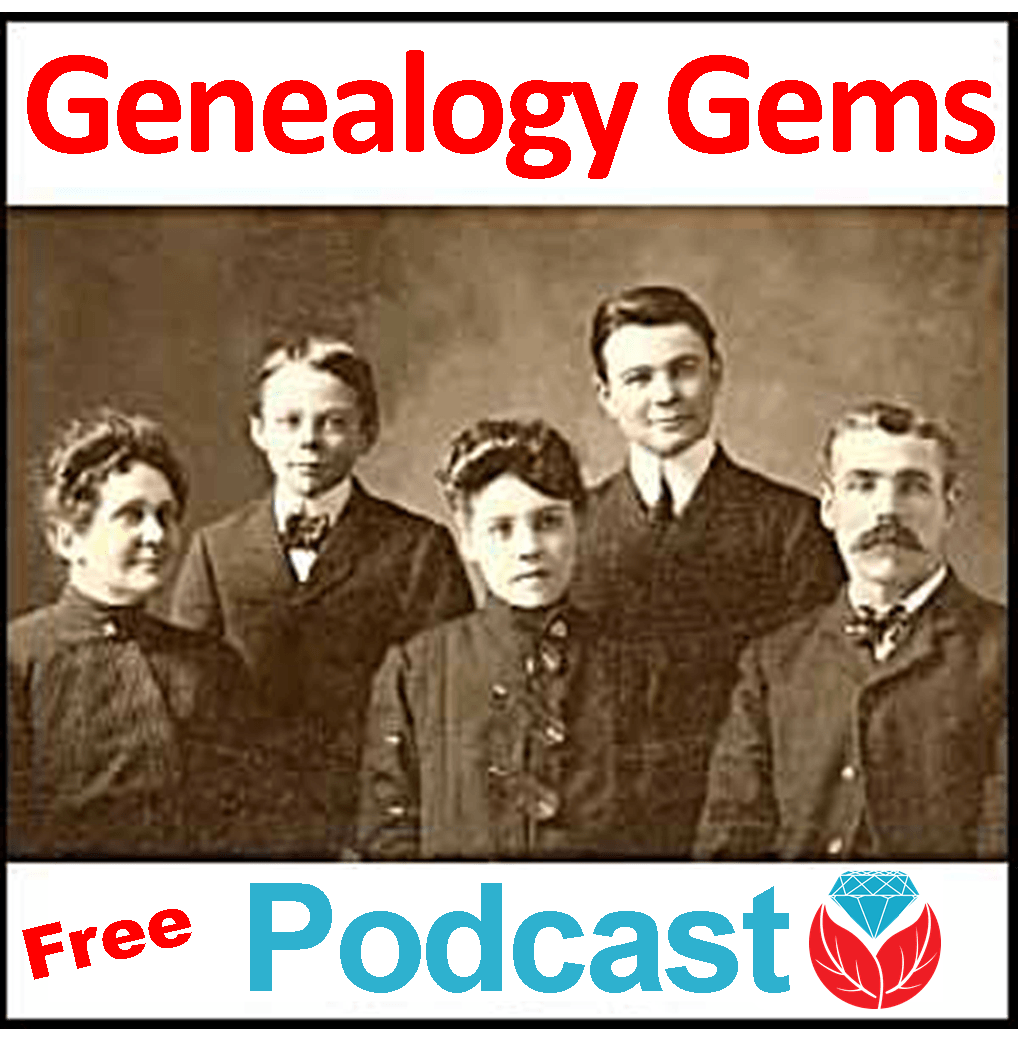 Remember, this and all episodes of the Genealogy Gems podcast are FREE to listen to. Click here for FAQ on podcasts and how to listen on your computer or via your favorite mobile device. Click here for a list of past episodes you may have missed. Why not “binge out” a little and catch up during your next commute, workout or down time?
Remember, this and all episodes of the Genealogy Gems podcast are FREE to listen to. Click here for FAQ on podcasts and how to listen on your computer or via your favorite mobile device. Click here for a list of past episodes you may have missed. Why not “binge out” a little and catch up during your next commute, workout or down time?